Here’s a peek into the prize box I use for my incentive program. In case you haven’t read about my incentive program before, here’s the lowdown: I create an index card for each student, and when they pass a song, they are given a point/sticker for every page of the song learned. They can also earn points/stickers for doing theory worksheets, memorizing their pieces, etc. When they earn 25 points/stickers on their index card, they are allowed to choose a prize from the prize box.
I recently restocked the prize box with some cute new items. Take a look!
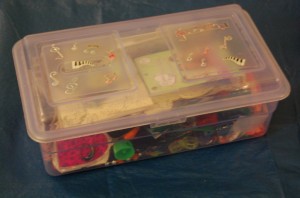
The purple prize box.
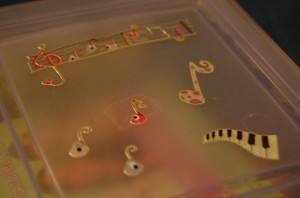
It’s decorated with some cute music stickers!
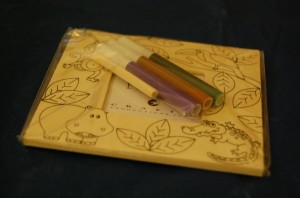
Continue reading “A Peek into the Incentive Program Prize Box”


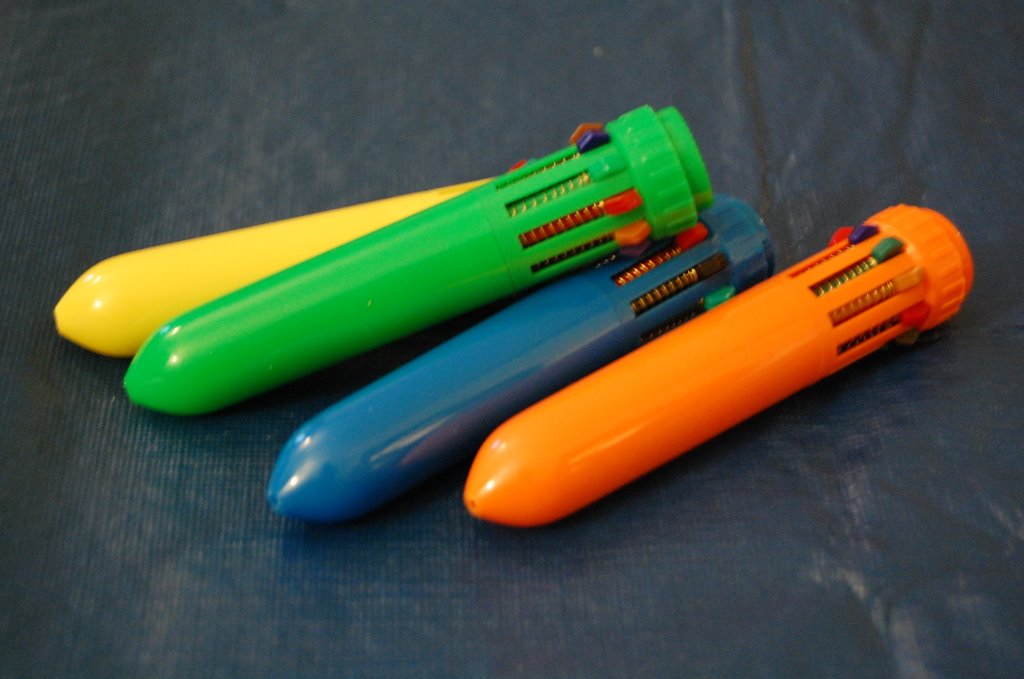
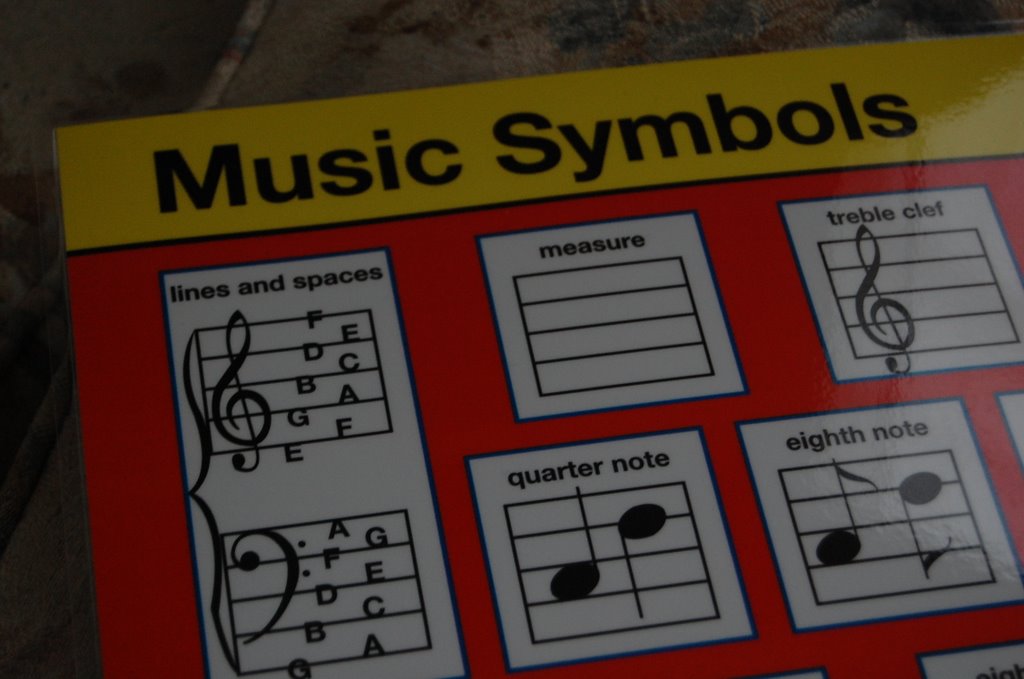
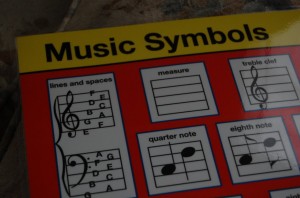
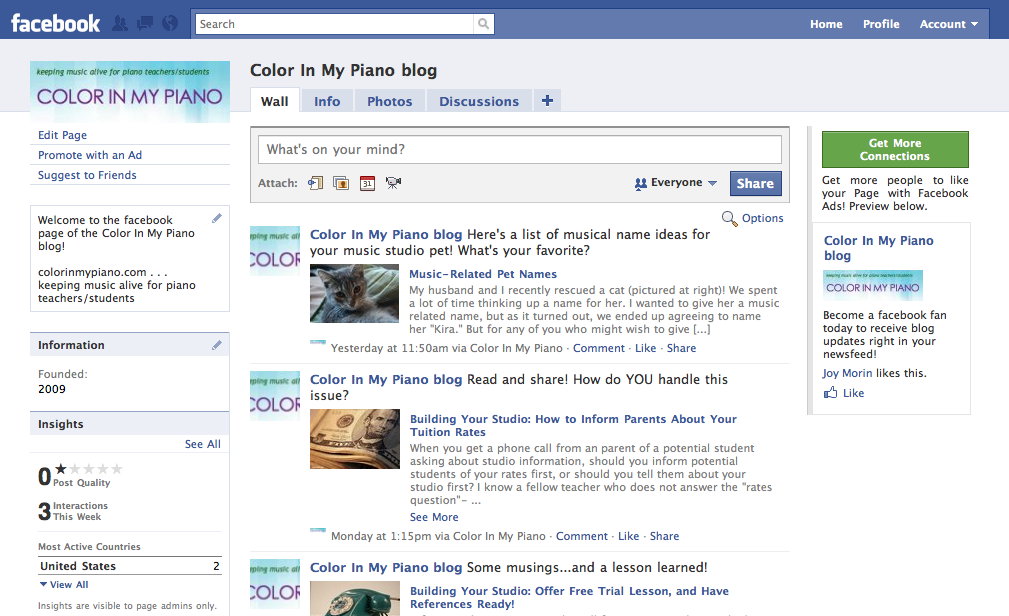
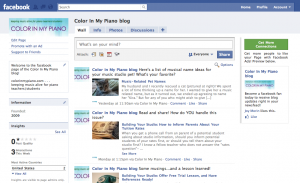
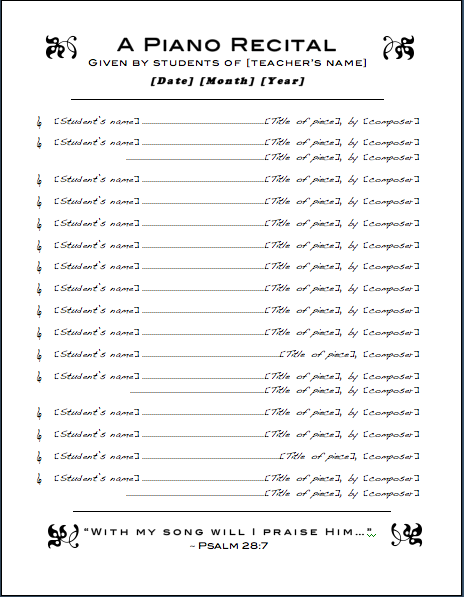
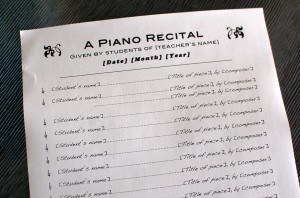 Today’s free printable is a template of a piano studio recital program, for listing students’ names and pieces.
Today’s free printable is a template of a piano studio recital program, for listing students’ names and pieces.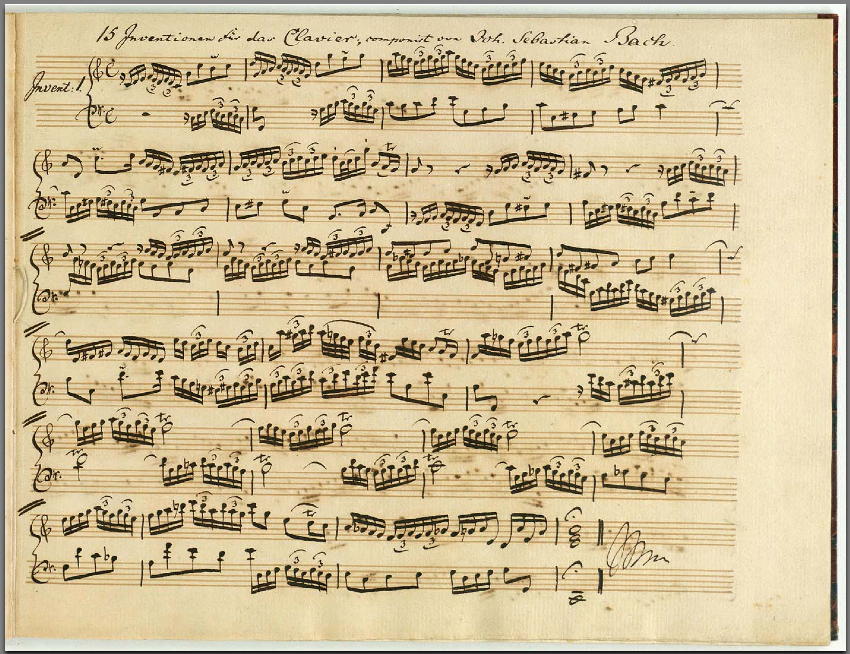
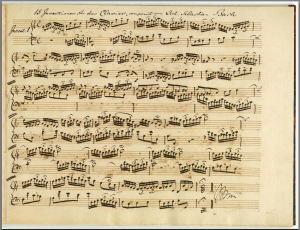 I just discovered these manuscript copies of Bach’s 2-part inventions over at the
I just discovered these manuscript copies of Bach’s 2-part inventions over at the 
 Today, I thought I’d share a little bit about my experiences as a blogger. I don’t claim to be an expert by any means, but I would like to share what I have learned over the past year!
Today, I thought I’d share a little bit about my experiences as a blogger. I don’t claim to be an expert by any means, but I would like to share what I have learned over the past year!

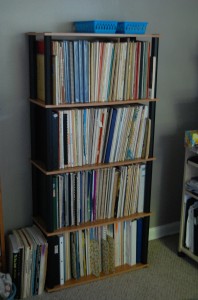 How do your organize your library of music books? About a month ago, I purchased a new bookshelf (see photo) for my music, because most of my books were still in boxes with no place to go since our move to our new apartment. In just a few hours, I managed to re-organize all my music books, and I’m proud to say I can actually find stuff I’m looking for when I need it!
How do your organize your library of music books? About a month ago, I purchased a new bookshelf (see photo) for my music, because most of my books were still in boxes with no place to go since our move to our new apartment. In just a few hours, I managed to re-organize all my music books, and I’m proud to say I can actually find stuff I’m looking for when I need it!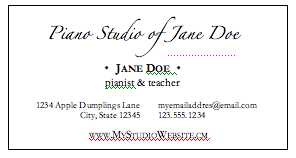
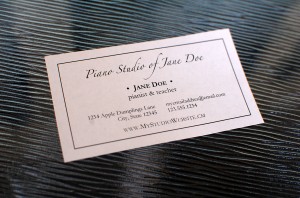 Having business cards on hand is a convenient and professional way to give your contact information to potential students and their parents. Here’s a simple, clean template for making your own business cards for your music studio!
Having business cards on hand is a convenient and professional way to give your contact information to potential students and their parents. Here’s a simple, clean template for making your own business cards for your music studio!